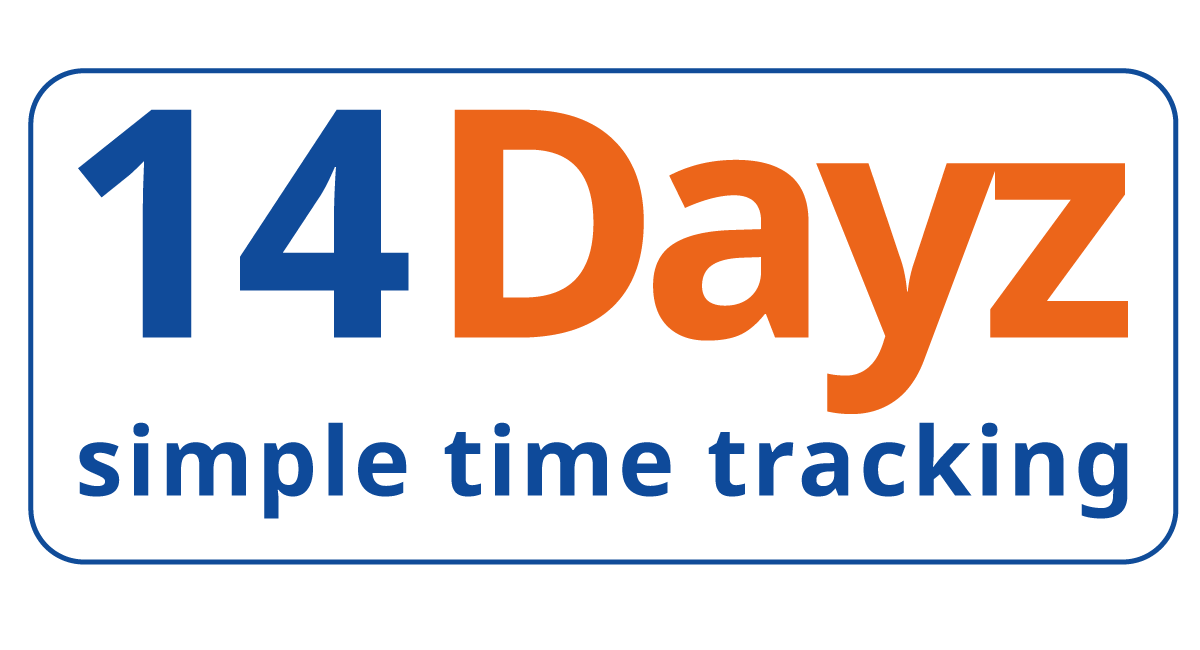Time tracking is sometimes seen as a complicated, if not even redundant, aspect of running a company. To tackle it properly, you need to have the right tools, and you need to know what you are going to track. So, with this in mind, it is no surprise that people often wonder whether time tracking is really necessary. Well, it is not literally necessary. But once you understand how time tracking can help you increase your revenue, you will see that it might as well be.
Why companies need to use time tracking
When it comes to monitoring various aspects of your company, few things are as useful and unbiased as time tracking. With it, you can set clear parameters and see how customers, employees, and other aspects perform within them. But, to fully grasp how time tracking is used, we first need to consider the value of time.
How to consider time
While running a company, it is always in your best interest to have as much in-depth knowledge as possible. The more you understand the inner workings of your company, the easier it is to fix what needs fixing. To fully comprehend the inner workings, you need to have a particular parameter that is stable. Having it allows you to compare various other parameters that come about while you research your company. Luckily, that parameter is right in front of you. Time.
![]()
When appropriately used, time is money
Using time as a parameter, you can easily track various aspects of your company and see how they perform. The more knowledge you have regarding your company, the easier it will be to outline extra parameters and see what you can do to help your company grow.
Problems that usually fly under the radar
One of the things company managers quickly learn is that there is a big difference between running a company and running an efficient company. The latter requires much more skill, experience, and resourcefulness, which is precisely what rookie company managers usually lack. It is not that they don’t want to help the company be efficient. But, it is more that they don’t know how to find and deal with inefficiencies. Well, this is one of the most significant advantages of committing to time tracking. With it, you can discover aspects of your company that would otherwise fly under your radar. These aspects are usually those that, when improved, can have a considerable impact on overall company efficiency.
The dangers of inefficiency
You might have noticed that we’ve mentioned efficiency a couple of times so far. The reason for this is that one of the leading causes of lost revenue for companies isn’t poor marketing or lack of product variety. Its inefficiency. But, inefficiency in the professional world is a bit like stress in the personal world. Everyone’s aware of it, but few people know how to tackle it.
![]()
Simply by reducing inefficiency, time tracking can help you increase your revenue.
Once you start looking into it, you will first see how much money you can save with slight alterations. And you will notice how difficult it can be to adequately outline what those alterations are. Luckily, time tracking can be more than helpful in this complicated task.
Different ways in which time tracking can help you increase your revenue
So far, we’ve outlined the use of time tracking in combating inefficiency and how necessary it is to be as efficient as possible to increase your income. But, to help elaborate on this, we will give you some prime examples of how time tracking can be of help.
Avoiding overstaffing
Let’s say that you are running a company and that things are going well. After a while, the time comes to expand your operations. To tackle this, you will probably have to hire extra staff and move your offices to bigger premises. It means that you have to pay the new employees and for relocation of your entire business to a space that can accommodate them. But, while additional staffing may seem logical in this instance, it is not always necessary.
![]() It can be surprisingly difficult to figure out which employees are inefficient.
It can be surprisingly difficult to figure out which employees are inefficient.
By utilizing time tracking, you can learn how efficient your staff is. We can pretty much guarantee that half of your team will be less efficient than you give them credit for. And, there are probably a few that are overworking and are at risk of burnout. So, instead of hiring new staff, try to motivate your current staff to be more efficient. Your goal should be to have a small, well-functioning team of employees. Not a large group of poor-performing ones.
Increased transparency
As we said, the main way in which time tracking can help you increase your revenue is that you get an objective parameter. This, as you might guess, provides a lot of transparency. With increased transparency, it is surprisingly easy to cut unnecessary costs and ensure no deadweight in your company. When moving your company, this can be particularly useful, for instance, when procuring packing supplies and tracking what each team member is in charge for. You can make sure you have all you need when it comes to supplies and see how well preparations are going. Transparency is mandatory if you wish to have a long-term revenue increase in your company.
Avoiding overservicing
Almost all companies nowadays are required to have decent customer service. Luckily, CRM technologies do allow for considerable automation, which makes this process easier. But, one of the things companies often struggle with is overservicing. Nowadays, to keep your customers, you need to convince them that you are willing to go the extra mile when servicing them. Unfortunately, this extra mile is not always cost-effective, as it can be hard to determine when it actually ends. Luckily, with time tracking, you can figure out when servicing your customers becomes unprofitable and when you need to end the interaction. In industries where customer service is quite common, this aspect can potentially save you a fortune. So, if this sounds like a problem, don’t shy away from using our free trial and see how time tracking can help you increase your revenue. You’ll be surprised.



